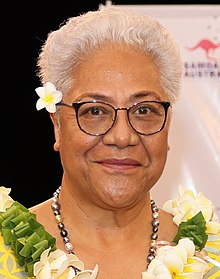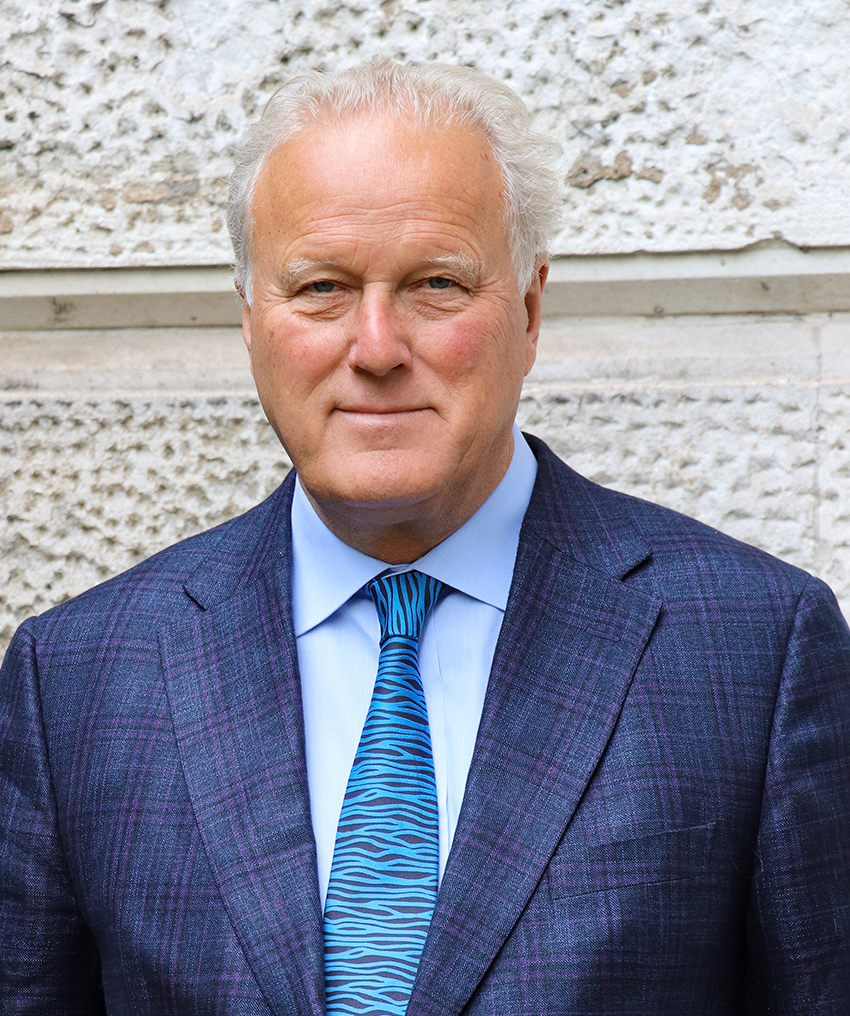Next week, all eyes will be on Dubai for COP28. As the great and the good jet off to the Gulf, we should spare a thought for those actually living with the realities of climate change day-to-day.
As a great global forum, much of the discussion at COP will focus on the world’s major economies. However, we should spare a thought for the world’s small island states, who are on the front lines of the fight against climate change. When sea levels rise and seasons change, it’s small island states who suffer the brunt of the impact – not at some speculative moment in the future, but right now.
For a country like Samoa, climate change isn’t something that we can think about when COP rolls around and forget about for the rest of the year. The environmental and ecological impacts of climate change are an existential daily challenge for small island states.
If the UK Government wants to step up and make clear its commitment to driving real change, it should work closely with small island states to ensure sustained global attention on climate change. Fortunately, it has a ready-made vehicle with which to do so – the Commonwealth.
Home to 2.5 billion people spread across 56 member states, the Commonwealth is surely one of the great international associations. Commonwealth states are some of Britain’s closest international friends and allies; many share similar legal and political systems, and English remains the Commonwealth’s language of business. One of the Commonwealth’s most remarkable strengths is its ability to bring together states of different shapes and sizes as equals. Where else can Samoa sit alongside India, Zambia, and Jamaica all at once?
It also makes an exceptionally the Commonwealth a powerful platform. Fifty-six countries, diverse and varied, speaking together with a single voice on this existential global issue would send a clear message. There are also endless opportunities for financial, political, and technical cooperation to be found in the Commonwealth, which has been termed ‘the mother of all networks’.
The UK Government, alongside other international heavyweights like Australia, Canada, and India – has the opportunity to play an outsized role in facilitating and leading international dialogue in this space, using the Commonwealth as a ready-made vehicle. In doing so, it would have the advantage of working with the support of many of the small island states most impacted by climate change – 33 of the world’s 42 small island states are members of the Commonwealth.
Next year, Samoa will host the biennial Commonwealth Heads of Government Meeting (CHOGM). This will be the first CHOGM hosted in the Pacific since 2011, and the first ever to be hosted by a Pacific small island state. No doubt, sustainability will be high on the agenda, alongside climate finance, and developments in the green and blue economies.
With the support of King Charles, the newly minted Head of the Commonwealth and an avowed environmentalist, the UK Government should use this opportunity to crystallise the Commonwealth’s potential to serve as one of the leading voices on the global fight against climate change.
However, cooperation between Heads of Government is only one piece of the puzzle. It’s also important not to ignore the role of the private sector in all of this. The challenge of fighting against climate change is immense. We will need to mobilise billions of pounds of private sector investment in climate-resilient infrastructure and energy-efficiency technology; the public purse alone cannot meet that challenge. It’s not just funding, either – the private sector’s capacity to innovate, and generate new solutions to established problems has never been more necessary.
The Commonwealth’s vast and growing business network must be a part of that conversation. With a combined GDP of more than $14 trillion, the Commonwealth is home to some of the world’s fastest growing and most exciting dynamics. Pairing innovative, fast-growing businesses with states on the front lines of the fight against climate change could be a powerful alliance, driving investment in much-needed infrastructure.
Whatever the exact shape of the cooperation, the Commonwealth has a capacity to affect real change, serving as a bridge between some of the world’s most developed economies, and many of the states dealing with the daily realities of climate change. The UK should take a leading role in that. For far too long, it has ignored the Commonwealth’s immense potential. If ever there was a moment to remember its value, this is it.



